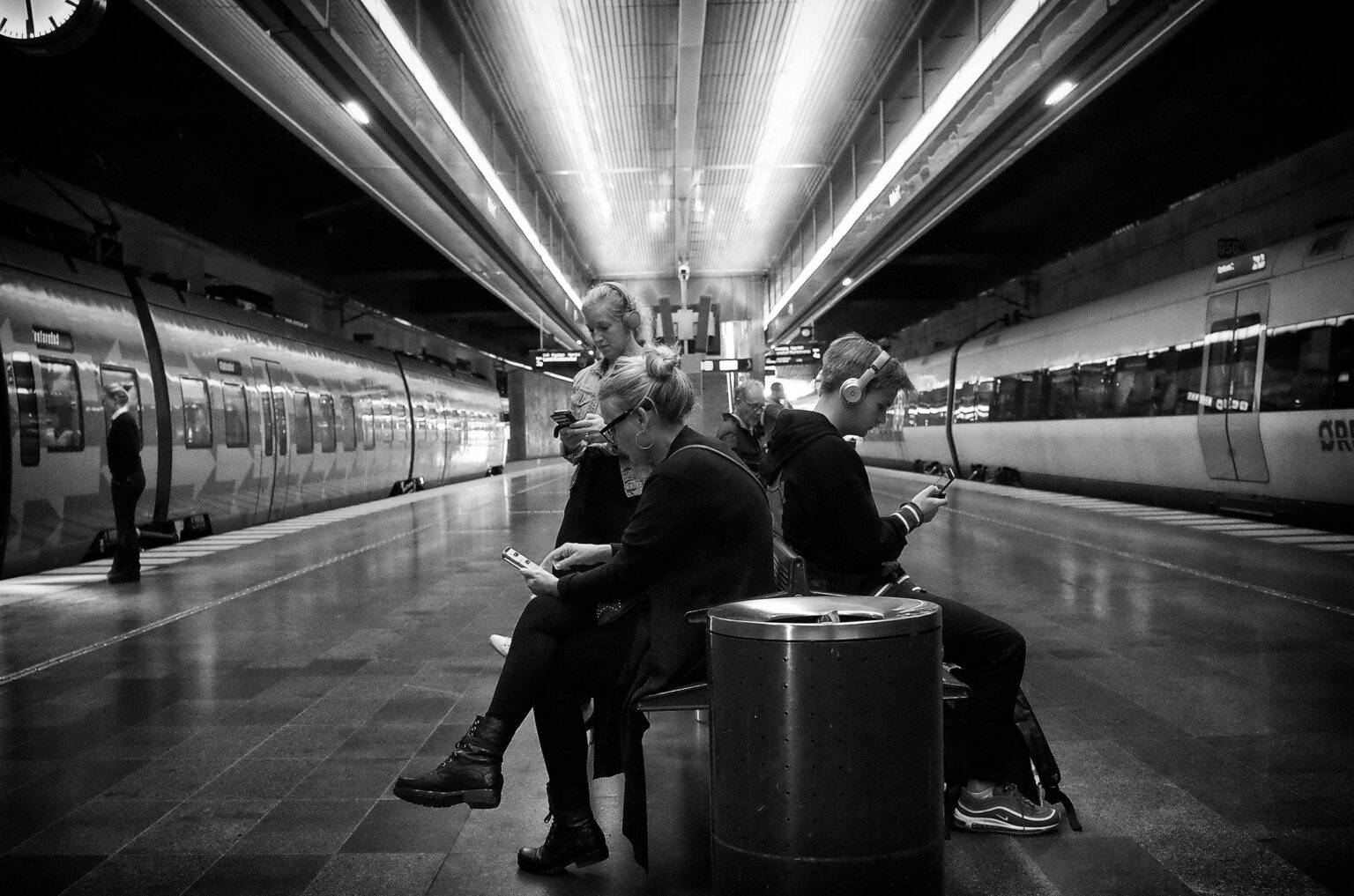- About
- Topics
- Story
- In-Depth
- Picks
- Opinion
- News
- Donate
- Signup for our newsletterOur Editors' Best Picks.Send
Read, Debate: Engage.
| topic: | Good Governance |
|---|---|
| located: | China |
| editor: | Stella Chen |
While the West makes peace with the coronavirus and finds its pace in economic and social routines, even reconsidering reopening borders, China is still juggling with the debate over its “dynamic zero-Covid policy” and “living with Covid.” This internal battle not only creates disturbances, but also takes many lives of people under lockdown in Shanghai, raising the question - what are the real costs of implementing the strict and inflexible lockdown policies to combat the risk of COVID-19?
Even if, according to the statistics from the Shanghai Municipal Health Commission, patients who tested positive without showing symptoms make up the majority of daily cases in Shanghai (19,660 asymptomatic vs 322 symptomatic on 6 April, for example), a massive effort is made to force patients to quarantine and to restrict the activities in neighbourhoods where the cases are reported.
Despite the tight grip on case numbers, what the government neglects or fails to take care of is the mental wellbeing of all who are under lockdown and those who have other medical needs. According to the reporting by China Philanthropist (中国慈善家杂志), many children who tested positive were taken from their parents without prior notice or detailed information about their quarantine arrangement. Kids who are under three years old are isolated from essential parental care while parents on the other side receive very few updates on how their children are treated in quarantine centres. Medical staff disclosed to some parents that, due to the limited medical staff, each nurse in the centre needs to take care of around 10 children. The absurd thing is that most of the children who tested positive are asymptomatic and, according to their parents, would be in better hands under their parents’ care.
While this issue was eventually solved after media exposure, now permitting one parent to remain in quarantine with their child under condition of testing negative, another issue remains, concerning a similar subject with even less agency and voice - pets. According to a now-censored WeChat article, a Corgi dog was bludgeoned to death by Covid prevention staff while chasing the car in which the owner tested positive. The graphic video, which circulated on WeChat, despite China’s strict internet censorship, shows three loud blows with a shovel, followed by the dog’s fading whine and breath in a puddle of blood.
Pet cull is not an exclusive Covid prevention policy in China as Hong Kong has ordered a pet cull over a hamster Covid cluster, but this is not the major issue worth discussing. What makes one’s flesh crawl, especially pet owners’, is that this is hardly even pet cull - this is pure slaughter, without the consent or notice of the owner. According to the Centre for Animal Health and Welfare at the City University of Hong Kong (CityU), the chance of obtaining Covid-19 virus from pets is negligible. Even supposing the legitimacy of pet cull from the relevant disease prevention department in China, there was no proof of permission from the senior level to take the dog’s life: it was a violent and impulsive act. Is such a killing therefore for the sake of Covid prevention, or is it a detestable personal act from the staff?
On the other hand, residents under the lockdown have come to the realisation that self-help is the only way to survive in this isolation without further notice. Residents living in building complexes form group purchases for groceries and life necessities since only a limited number of businesses are allowed to operate in the lockdown and individual orders were not accepted. There are also civil groups that share access to food and medical help on social media. Although we see a silver lining in people’s solidarity to pull through this outbreak, we also see tragedy happening in people who have long-term medical needs, which is more essential and harder to provide under the current medical-resource shortage.
In the past two weeks, hospitals and quarantine centres in Shanghai have struggled to help patients with chronic diseases. A patient with a cerebral haemorrhage who was recovering from surgery in a private medical care centre in Shanghai passed away due to a lack of medical care. When a positive case was found in the nursing centre, everyone was asked to leave and isolate, not only the family members but also the nursing staff. Although the centre arranged new staff to take care of the patients, the person assigned to treat the patient who recovered from cerebral haemorrhage surgery did not know how to conduct suctioning, thus the patient died from choking on her sputum.
While cases in Shanghai skyrocket to more than 20,000 a day, it is time for the government to reflect on the measures it has taken to tackle the pandemic and reflect on the cost that accompanies the “Dynamic Zero-Covid Policy” and how authorities should inform and educate people about the prevalence of the new Omicron variant, without demonising the much weaker strain?
One article by Xinhua News, a leading state-affiliated media, cheered residents under lockdown by saying “For 25 million Shanghai residents, we must not only win the battle against the epidemic, but we must also rise from the ashes of the outbreak and build a brand new Shanghai.” Before trying to boost morale, we should dare to ask: what do people have to sacrifice under these “ashes and fire” for the rebirth of Shanghai from the nightmare of the outbreak?
Image by Mufid Majnun

